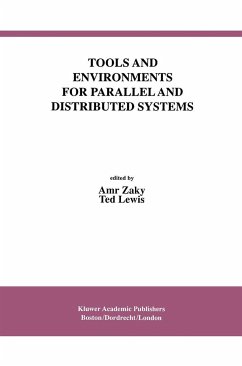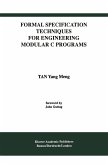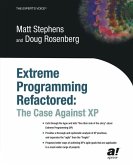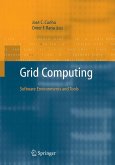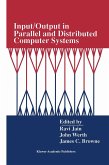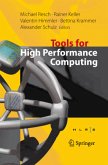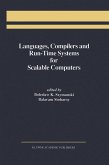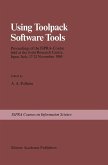Developing correct and efficient software is far more complex for parallel and distributed systems than it is for sequential processors. Some of the reasons for this added complexity are: the lack of a universally acceptable parallel and distributed programming paradigm, the criticality of achieving high performance, and the difficulty of writing correct parallel and distributed programs. These factors collectively influence the current status of parallel and distributed software development tools efforts.
Tools and Environments for Parallel and Distributed Systems addresses the above issues by describing working tools and environments, and gives a solid overview of some of the fundamental research being done worldwide. Topics covered in this collection are: mainstream program development tools, performance prediction tools and studies; debugging tools and research; and nontraditional tools.
Audience: Suitable as a secondary text for graduate level courses in software engineering and parallel and distributed systems, and as a reference for researchers and practitioners in industry.
Hinweis: Dieser Artikel kann nur an eine deutsche Lieferadresse ausgeliefert werden.
Tools and Environments for Parallel and Distributed Systems addresses the above issues by describing working tools and environments, and gives a solid overview of some of the fundamental research being done worldwide. Topics covered in this collection are: mainstream program development tools, performance prediction tools and studies; debugging tools and research; and nontraditional tools.
Audience: Suitable as a secondary text for graduate level courses in software engineering and parallel and distributed systems, and as a reference for researchers and practitioners in industry.
Hinweis: Dieser Artikel kann nur an eine deutsche Lieferadresse ausgeliefert werden.

